Japan's lonely deaths: A growing industry is now devoted to cleaning up after Japanese people dying alone
As family dynamics change in the country, more people are living by themselves. Anna Fifield reports on the grim fallout
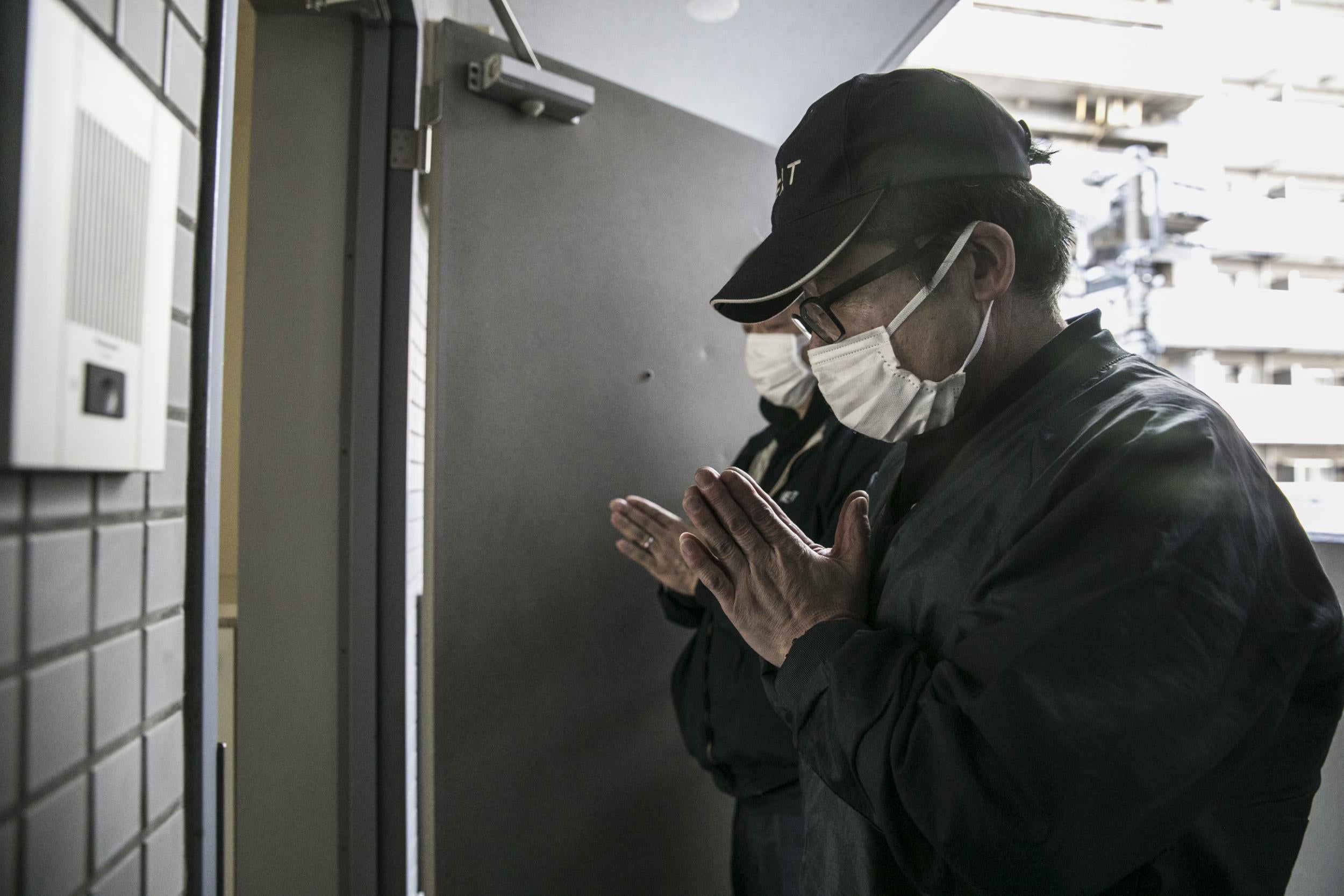
Your support helps us to tell the story
From reproductive rights to climate change to Big Tech, The Independent is on the ground when the story is developing. Whether it's investigating the financials of Elon Musk's pro-Trump PAC or producing our latest documentary, 'The A Word', which shines a light on the American women fighting for reproductive rights, we know how important it is to parse out the facts from the messaging.
At such a critical moment in US history, we need reporters on the ground. Your donation allows us to keep sending journalists to speak to both sides of the story.
The Independent is trusted by Americans across the entire political spectrum. And unlike many other quality news outlets, we choose not to lock Americans out of our reporting and analysis with paywalls. We believe quality journalism should be available to everyone, paid for by those who can afford it.
Your support makes all the difference.There is a putrid smell emanating from the flat. There is an obvious brown stain on the futon where the body has been. The futon, the clothes, the newspapers and horse-racing stubs are covered with maggots and flies.
Still, if the man had died in the summer and rotted for months in the sweltering heat, instead of drying to a shrivel as winter approached, it could have been much worse.
“I’d say this is a four out of 10,” says Akira Fujita, leader of the crew from Next, a company that specialises in cleaning up after “lonely deaths” – where people lie dead in their apartments for long periods before being discovered.
Every country has cases where elderly people die alone, but none experiences it quite like Japan, home to the world’s fastest-ageing population. More than a quarter of the population is over 65, a figure set to rise to 40 per cent by 2050.
Lonely death statistics are hard to come by – the central government doesn’t collect them – but regional figures show a sharp increase over the past decade. NLI Research Institute, a Tokyo think tank, estimates that about 30,000 people nationwide die this way each year.
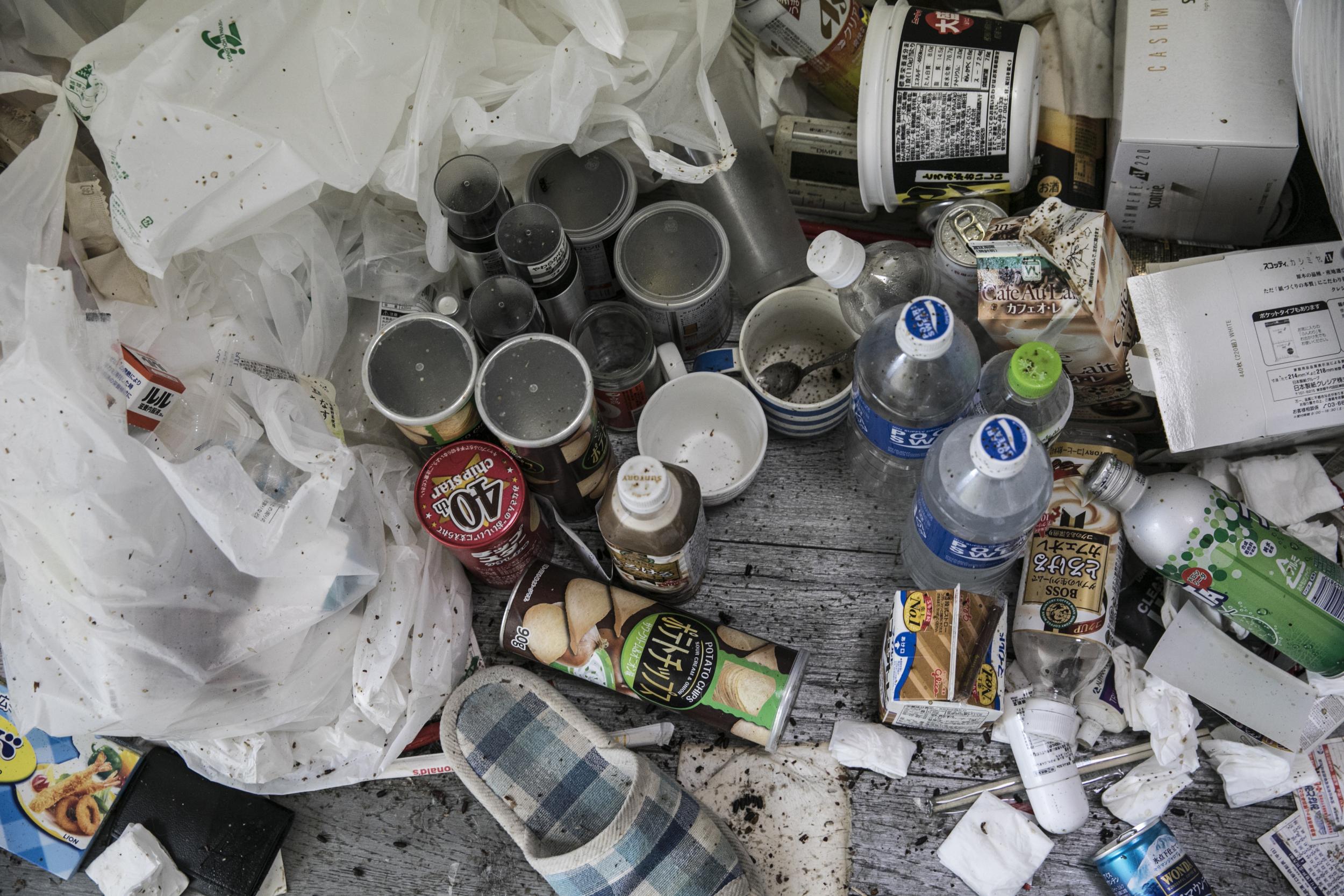
As the number of lonely deaths has grown, so too has the lonely-death-cleanup industry. Numerous firms offer this kind of service, and insurance companies have started selling policies to protect landlords if their tenants die inside their properties. The plans cover the cost of cleaning the apartment and compensate for loss of rent. Some will even pay for a purifying ritual in the apartment once the work is done.
The owner of this apartment in Kawasaki, south of Tokyo, doesn’t appear to have any such insurance, so is paying Next $2,250 (£1,600) to make the tiny studio apartment rentable again.
The tenant, a 54-year-old man named Hiroaki, had fallen several months behind on his rent, so a representative from the real estate management company went by to see what was happening.
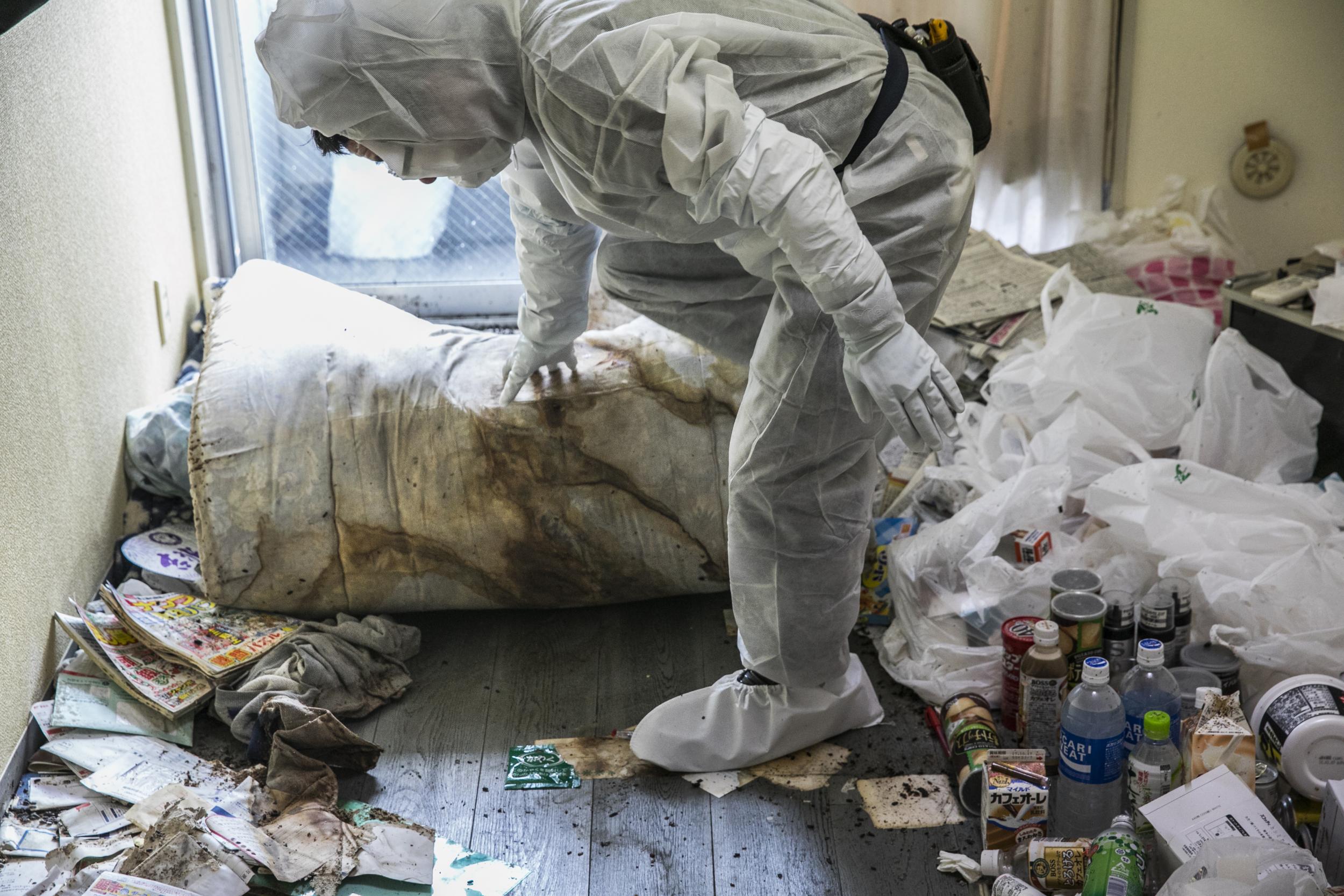
When the representative opened the door, he found Hiroaki lying dead on the futon. He had probably been there for about four months. His body, the futon and floor around it were completely dry.
Although there were flies and maggots everywhere, the smell hadn’t been bad enough to bother neighbours or the shop directly below.
After the body was removed, the management company called Next. The four-man cleaning crew led by Fujita arrive with an empty truck and full-body protective wear.
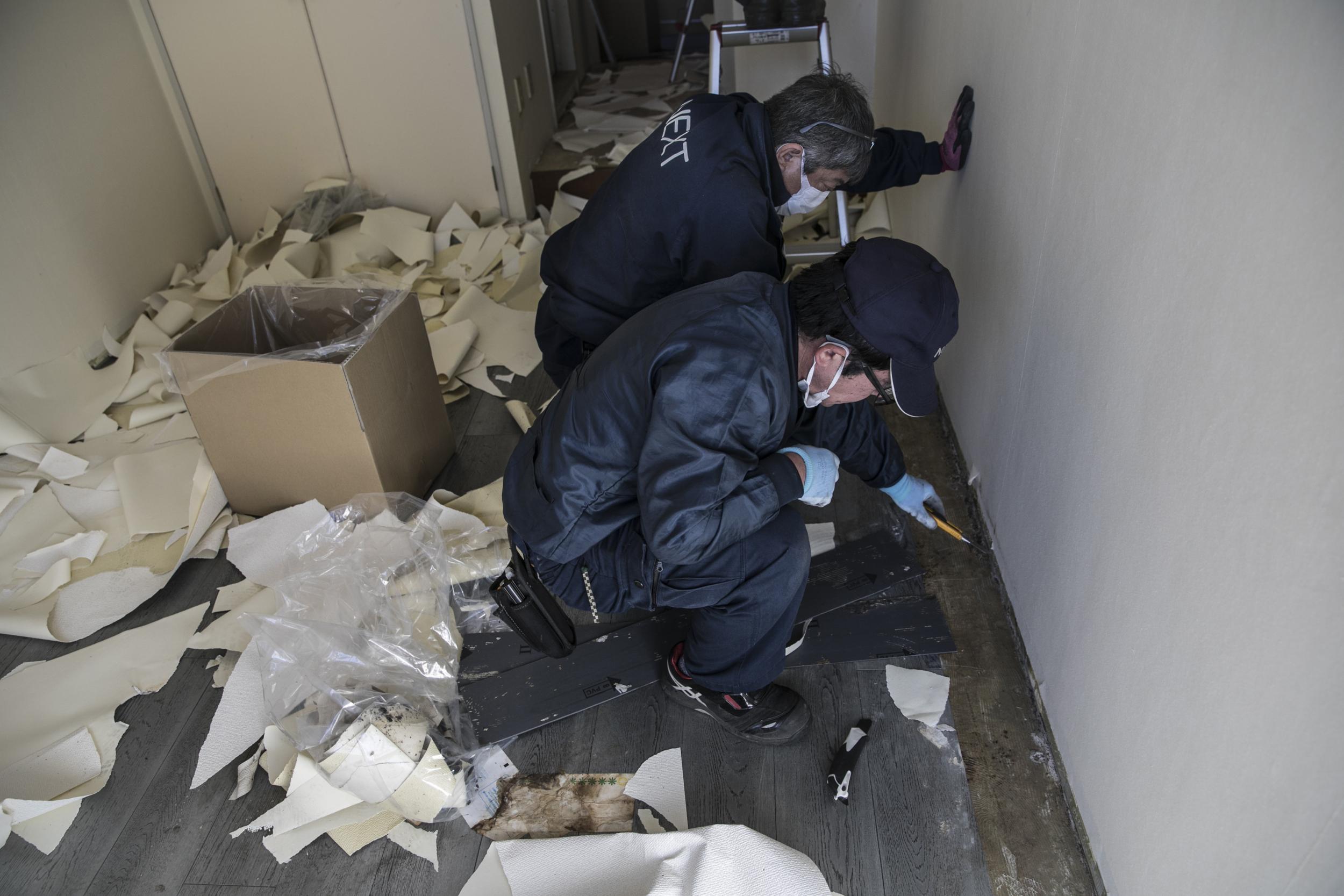
The first thing they remove is the futon, which is covered with brown residue and maggots and is the main source of the smell. It is vacuum-packed into a plastic bag and carted off to the truck. The men approach their work in a no-nonsense way, not wrinkling up their noses or commenting on the squalor – just getting on with the job.
The 200sq-foot flat is overflowing with the detritus of a lonely life: instant-noodle bowls and soft-drink bottles, empty cans of coffee, cigarette butts in ashtrays, dozens of lighters, months’ worth of newspapers, clothes in dishevelled piles.
The men fill garbage bag after garbage bag. Utility bills and other papers are stuck to the floor with dried bodily fluids, so one of the men has to use a dustpan to chip them off.
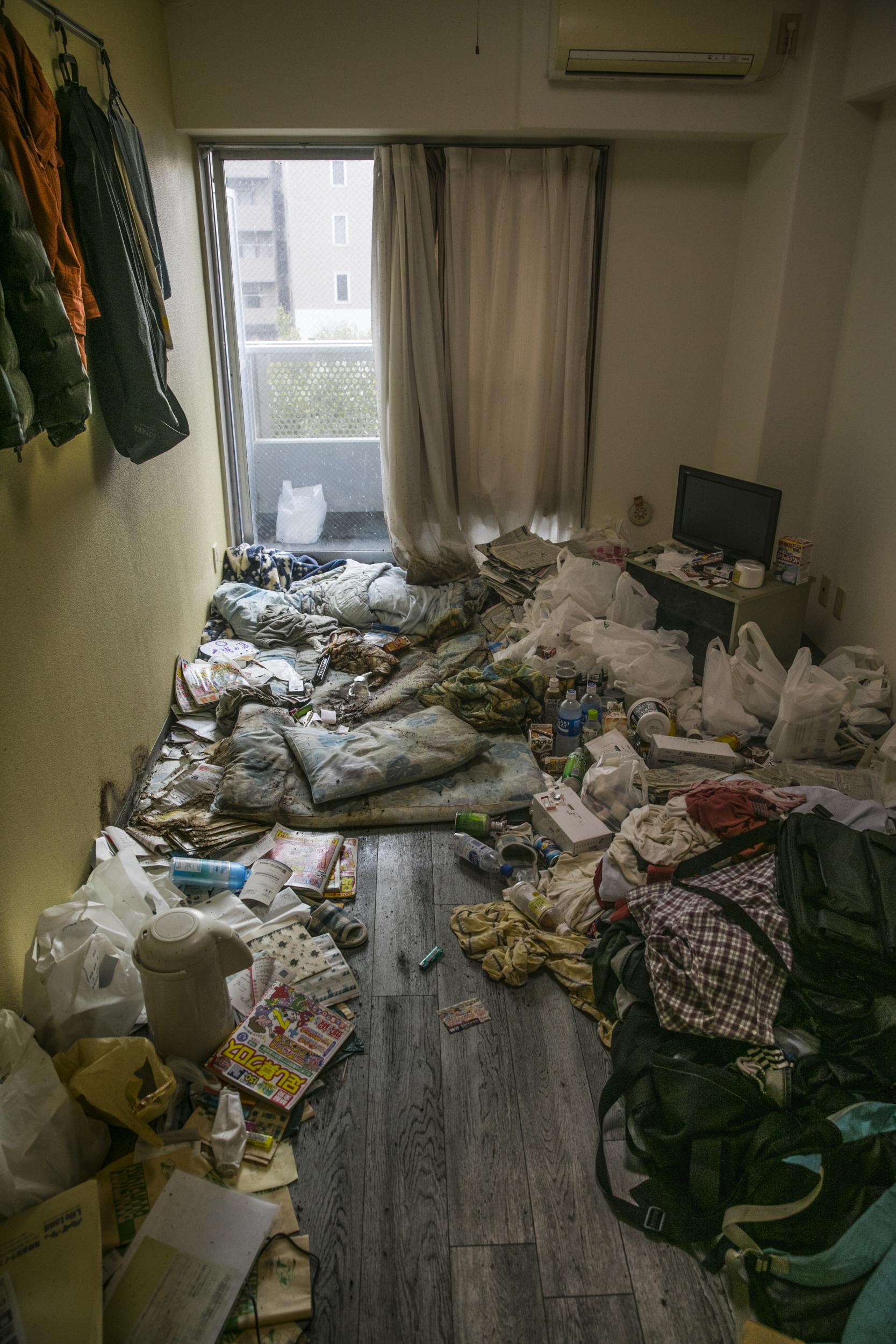
The tiny bathroom is covered with black mould – the walls, the basin, inside the toilet, everything. Unidentified grime covers the doors and the kitchen sink, and all require industrial-strength cleaning liquid.
After removing all of Hiroaki’s belongings, the crew get to work stripping the wallpaper and figuring out how much of the flooring they will have to pull up.
The paperwork shows Hiroaki was 54 and divorced. He had worked as a systems engineer for 20 years, including spells at big companies such as Nissan and Fujitsu.
But he was always in contract positions, meaning that he had no benefits and needed welfare to supplement his low income. Passport photos he’d had taken to apply for jobs show an entirely ordinary-looking man: grey hair parted in the middle, wire-frame glasses, checked shirt.
There are photo albums in the flat, but none seem to contain pictures of Hiroaki.
The cleaning company does not know how or why Hiroaki died at this relatively young age, but his apartment is full of prescription medicines.
Local newspapers in Japan are full of reports of these kinds of solitary deaths.
Usually men, usually elderly, they’re discovered often months after they’ve died, after their mailboxes fill up or they fall behind on their rent, or odours start creeping out from their flats. But there have been reports of people in their forties dying alone, too.
This growing phenomenon is the result of Japan’s ageing society and changes in family structures. Three-generation households were commonplace not so long ago. Now more Japanese are remaining single, while couples are having fewer, if any, children.
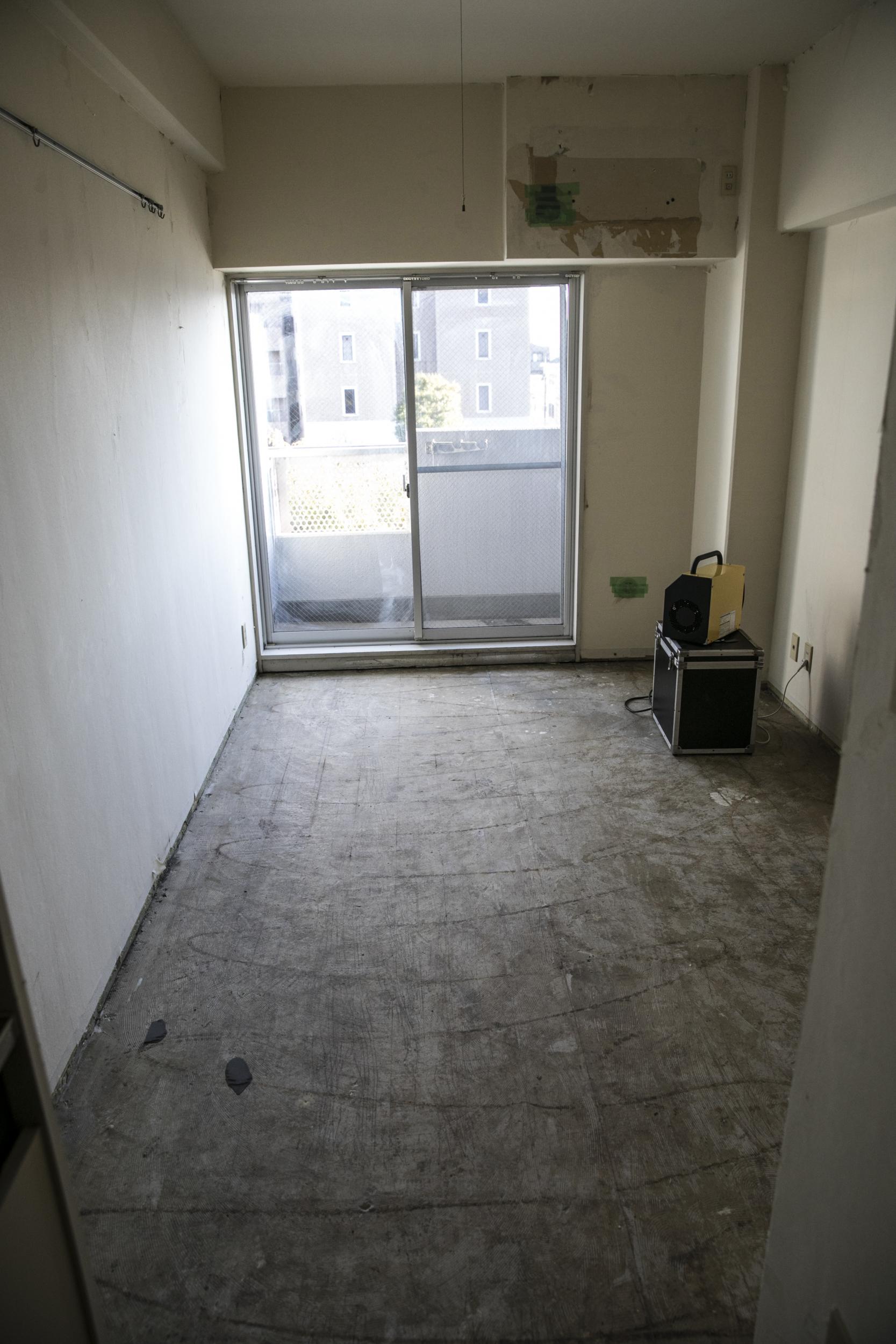
“The general concept of family in Japan has fallen apart,” says Masaki Ichinose, part of the Centre for Life and Death Studies at the University of Tokyo. “The overall number of people who are alone is growing, so it’s inevitable that the number of people dying without anyone’s support is also growing.”
Older men are particularly susceptible because of pride and an unwillingness to ask for help, Ichinose says.
They retire from lifetime jobs and lose the only communities they’ve ever really had. If they are widowed, divorced or unmarried, they are more likely to become isolated, adds Kumiko Kanno, the author of a book about lonely deaths.
“Their ties are all related to their work, so it’s hard for them to jump into the local community,” particularly if they live alone, she says. “It’s so easy for them to fall into self-neglect and become isolated, and there’s nobody to stop that from happening.”
Some local authorities have started services to check on elderly people living alone, and they encourage neighbours to keep an eye out for each other.
Experts have differing opinions on how else to combat the problem. Ichinose says that members of the younger generation are too interested in their careers and not in having children, and that this contributes to an increasing number of people who are alone as they age. Kanno says Japanese people think they’ll continue living the same way they always have and don’t make new friends.
Certainly, Hiroaki seems to have no ties.
Fujita and his team cart away all his belongings, rip off the wallpaper, check under flooring and scrub and disinfect the flat from top to bottom. They leave a deodorising machine to run inside the apartment for a few days. Then they are done.
It is almost as if Hiroaki never existed.
© Washington Post
Join our commenting forum
Join thought-provoking conversations, follow other Independent readers and see their replies
Comments